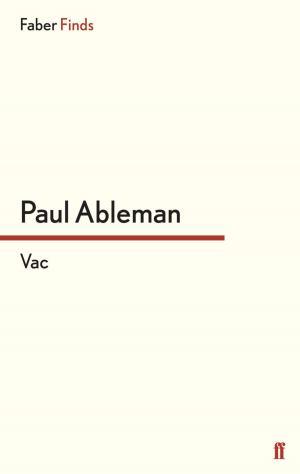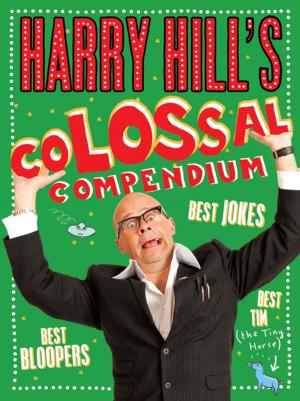Aneurin Bevan: A Biography
Volume 2: 1945-1960
Biography & Memoir, Political, Nonfiction, Social & Cultural Studies, Political Science| Author: | Michael Foot | ISBN: | 9780571280858 |
| Publisher: | Faber & Faber | Publication: | October 6, 2011 |
| Imprint: | Faber & Faber | Language: | English |
| Author: | Michael Foot |
| ISBN: | 9780571280858 |
| Publisher: | Faber & Faber |
| Publication: | October 6, 2011 |
| Imprint: | Faber & Faber |
| Language: | English |
Michael Foot's two-volume biography of Aneurin 'Nye' Bevan (1897-1960) - arguably Britain's greatest socialist, indelibly associated with the founding of the National Health Service - is one of the major political biographies of the last century. It is the life of an inspirational politician, written by one who knew and unabashedly admired him.
Volume II, first published in 1973, begins with Bevan's role in the founding of a comprehensive National Health Service - this while he was also tasked with addressing the country's severe post-war housing shortage. It takes in his 1951 resignation from the cabinet in protest at the introduction of prescription charges, and his subsequent leadership of a 'Bevanite' Labour left; his publication in 1952 of In Place of Fear; his service as Shadow Foreign Secretary during the Suez crisis in 1956; his controversial reversal of opposition to nuclear weapons in 1957; and his death from cancer in 1960.
Michael Foot's two-volume biography of Aneurin 'Nye' Bevan (1897-1960) - arguably Britain's greatest socialist, indelibly associated with the founding of the National Health Service - is one of the major political biographies of the last century. It is the life of an inspirational politician, written by one who knew and unabashedly admired him.
Volume II, first published in 1973, begins with Bevan's role in the founding of a comprehensive National Health Service - this while he was also tasked with addressing the country's severe post-war housing shortage. It takes in his 1951 resignation from the cabinet in protest at the introduction of prescription charges, and his subsequent leadership of a 'Bevanite' Labour left; his publication in 1952 of In Place of Fear; his service as Shadow Foreign Secretary during the Suez crisis in 1956; his controversial reversal of opposition to nuclear weapons in 1957; and his death from cancer in 1960.















